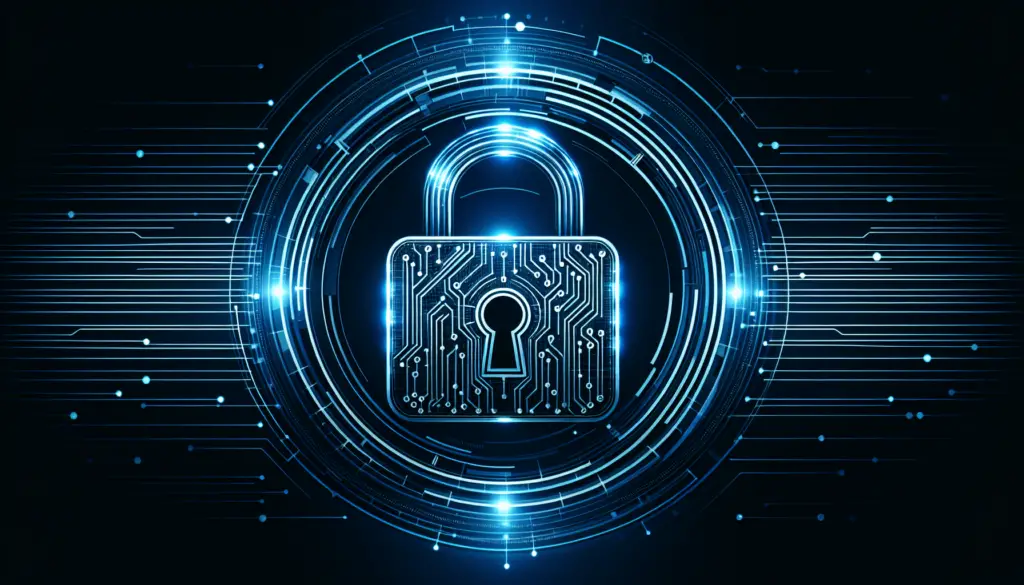How To Safeguard Against Cyber Threats In A Technologically Dependent World
Have you ever wondered how you can protect yourself from cyber threats in today’s digital age? With technology becoming more integrated into our daily lives, it’s crucial to understand how to safeguard your personal information and devices from potential cyberattacks. This article will provide you with valuable tips and strategies to help you stay safe in a technologically dependent world.
Understanding Cyber Threats
In order to effectively safeguard against cyber threats, it’s important to first understand what they are. Cyber threats are malicious activities aimed at disrupting, damaging, or gaining unauthorized access to computer systems, networks, and data. These threats can come in various forms, such as malware, phishing scams, ransomware, and social engineering tactics.
By familiarizing yourself with the different types of cyber threats, you can better recognize potential risks and take appropriate measures to protect yourself.
Importance of Cybersecurity
Cybersecurity plays a crucial role in safeguarding against cyber threats. It encompasses practices, technologies, and processes designed to protect your digital assets from unauthorized access, misuse, and destruction. Without proper cybersecurity measures in place, your personal information, financial data, and even your identity could be at risk.
It’s essential to prioritize cybersecurity in today’s technologically dependent world to ensure the safety and security of your digital footprint.
Personal Data Protection
Your personal data is valuable and should be protected at all costs. Cybercriminals often target personal information, such as social security numbers, credit card details, and passwords, to commit identity theft and financial fraud. By implementing strong data protection measures, such as encryption, multi-factor authentication, and regular data backups, you can safeguard your personal data from unauthorized access.
Network Security
Securing your network is crucial in preventing cyber threats from infiltrating your devices and systems. Firewalls, antivirus software, and intrusion detection systems are effective tools in fortifying your network against potential cyberattacks. Additionally, regularly updating your software and conducting security audits can help identify vulnerabilities and patch them before they are exploited by malicious actors.

Best Practices for Cybersecurity
In addition to implementing cybersecurity measures, adopting best practices can significantly enhance your defense against cyber threats. By following these guidelines, you can minimize the risk of falling victim to cyberattacks and protect your personal information and devices.
Strong Password Management
Creating strong and unique passwords for your online accounts is one of the most basic yet effective ways to safeguard against cyber threats. Avoid using easily guessable passwords, such as “123456” or “password”, and opt for complex combinations of letters, numbers, and symbols. Using a password manager can help you securely store and manage your passwords across different accounts.
Phishing Awareness
Phishing scams remain a prevalent cyber threat, with cybercriminals using deceptive emails, websites, and messages to trick individuals into revealing sensitive information. It’s crucial to be vigilant and cautious when interacting with unfamiliar or suspicious communications. Avoid clicking on links or downloading attachments from unknown sources, and verify the legitimacy of requests before sharing any personal information.
Software Updates
Keeping your software up to date is essential in maintaining the security of your devices and systems. Software updates often contain patches for known vulnerabilities and security improvements that help defend against cyber threats. Enable automatic updates for your operating system, applications, and antivirus software to ensure that you are protected against the latest threats.
Secure Wi-Fi Practices
Securing your Wi-Fi network is vital in protecting your devices from unauthorized access and cyberattacks. Use strong encryption, such as WPA2, to safeguard your wireless connection, and change the default password for your router to prevent unauthorized users from gaining access. Avoid connecting to public Wi-Fi networks without using a virtual private network (VPN) to encrypt your internet traffic and protect your data.
Backup Your Data
Regularly backing up your data is essential in mitigating the impact of potential cyber threats, such as ransomware attacks or data breaches. Store your backups on external hard drives, cloud storage services, or backup servers to ensure that your data is safe and accessible in the event of a cyber incident. Make sure to test your backups periodically to verify their integrity and reliability.
Cybersecurity Tools and Resources
There are numerous cybersecurity tools and resources available to help you bolster your defenses against cyber threats. From antivirus software to security awareness training, investing in these tools can significantly enhance your cybersecurity posture and protect you from potential risks.
Antivirus Software
Antivirus software is a fundamental cybersecurity tool that detects and removes malicious software, such as viruses, spyware, and ransomware, from your devices. By installing reputable antivirus software on your computer and mobile devices, you can prevent malware infections and protect your data from cyber threats. Make sure to keep your antivirus software up to date to ensure optimal protection against the latest threats.
Virtual Private Network (VPN)
A virtual private network (VPN) encrypts your internet connection and masks your IP address, ensuring that your online activities remain private and secure. VPNs are especially useful when connecting to public Wi-Fi networks, as they prevent eavesdroppers from intercepting your data. Invest in a reliable VPN service to safeguard your online communications and protect your sensitive information from prying eyes.
Security Awareness Training
Security awareness training is an effective way to educate yourself and your employees on cybersecurity best practices and threat detection strategies. By participating in training programs and workshops, you can learn how to recognize phishing emails, secure your devices, and respond to security incidents effectively. Stay informed about the latest cybersecurity trends and techniques to enhance your security awareness and protect yourself from cyber threats.
Password Managers
Password managers are tools that generate, store, and autofill complex passwords for your online accounts, eliminating the need to remember multiple passwords. By using a password manager, you can create strong passwords for every account without the risk of forgetting them. Additionally, password managers offer features such as password sharing and secure password storage, making it easier to manage your credentials and enhance your cybersecurity.

Conclusion
In conclusion, safeguarding against cyber threats in a technologically dependent world requires a proactive and vigilant approach to cybersecurity. By understanding cyber threats, prioritizing cybersecurity measures, and adopting best practices, you can protect yourself from potential risks and mitigate the impact of cyberattacks. Stay informed about the latest cybersecurity trends and technologies, and take proactive steps to secure your personal information and devices from malicious actors. Remember, your cybersecurity is in your hands, so take charge of your digital safety and stay protected in today’s rapidly evolving digital landscape.
